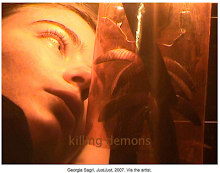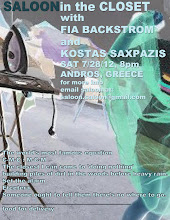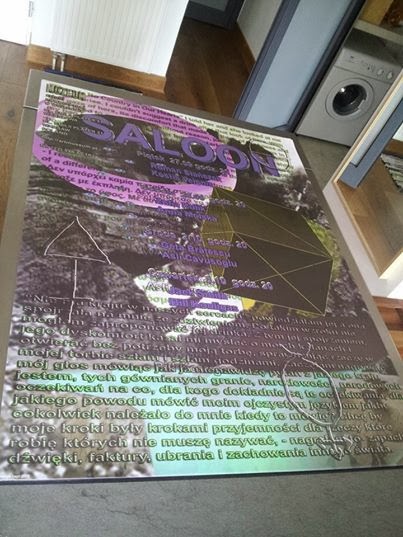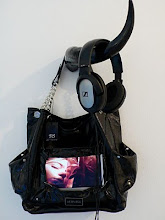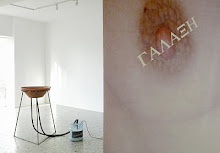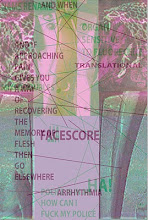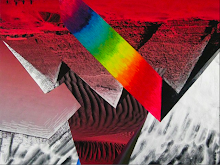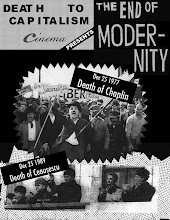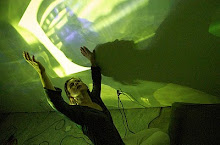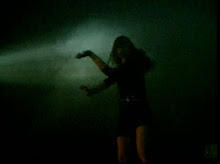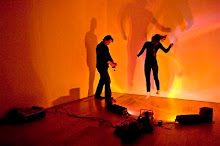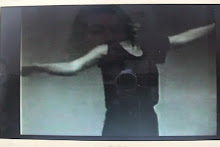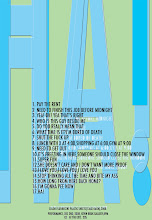Georgia Sagri, my first science fiction book, Religion, 2015, 3D video (47‘12‘‘) 3D glasses, sound, clay, sand, gypsum, print on
fabric, linoleum, LED lights, vinyls (“SPYRAL”, “RING”, “ARROW” and
“FLASH & HYMN”)
Georgia Sagri, my first science fiction book, Religion, 2015, music composition, website & livestream, installation, 8h
performance with Julie Besandilov (kubut), Evren Can Kamam (ud/oud), Annie Garlid (vokal ve viola / vocal and viola), Matan
Gurevitz (kontrbas/contrabass), Rebecca Lane (vokal ve flüt / vocal and flute), Önder Kiran (kanun/qanun), Cecília Kleine (vocal ve
darbuka/vocal and darbouka) Adi Levi (kajon/cajón), Manolis Maroudis (vokal/vocal), Debjit Pahari (tabla), Babua Pahari (bansuri/Indian
flute), Jan Sameh Regelin (flüt/flute), Kennmichael Stafford (vokal/vocal), Sophia
Zeyse (vokal/vocal), Katharina Zeyse (vokal/vocal)
“Mono no aware, literally "the pathos of things", and also translated as "an
empathy toward things", or "a sensitivity to ephemera", is a Japanese term for
the awareness of impermanence or transience of things, and both a transient
gentle sadness (or wistfulness) at their passing as well as a longer, deeper
gentle sadness about this state being the reality of life. The phrase is derived
from the Japanese word mono, which means "thing", and aware, which was a
Heian period expression of measured surprise, translating roughly as
"pathos", "poignancy", "deep feeling", "sensitivity", or "awareness". Thus,
mono no aware has frequently been translated as "the 'ahh-ness' of things",
life, and love. The awareness of the transience of all things heightens
appreciation of their beauty, and evokes a gentle sadness at their passing. Its
scope was not only limited to Japanese literature, but rather became
associated with Japanese cultural tradition in general.
Her artistic practice encompasses installations, videos and self-enacted
performances that evolve into a communal shared experience. In Istanbul,
she presents my first science fiction book, Religion, a multifarious installation
combining different media that suggests a new egalitarian way to exist in the
world. In particular, Sagri questions our understanding of religion as
institutional protocol - including our recent faith in the potentialities of the
cyberspace. In order to imagine how religion can be liberated from its
etiquettes and totalities of representation, she brings people from all religions
together and they sing in unison. Together, their voices merge and became
sounds one never heard, sacred and yet otherworldly – almost a music from
the stars. The science fiction book consists of the comments of the viewers
watching the performance online; the film is made in 3D; and the sculptures
are fragments of movements. Is it possible to go up against the protocols and
to reveal the call for absolute love from all of the religions?”
Carolyn Christov-Bakargiev



















































